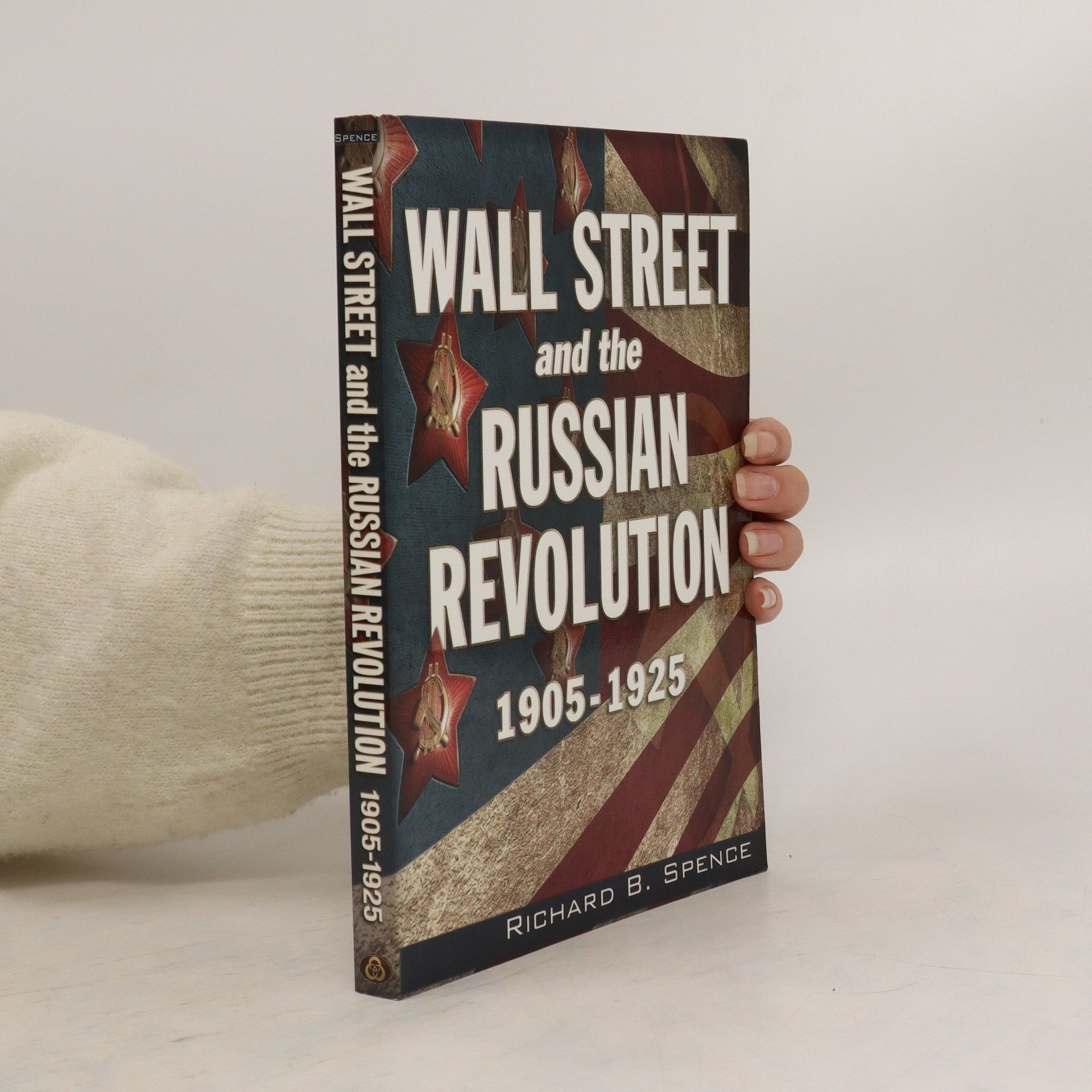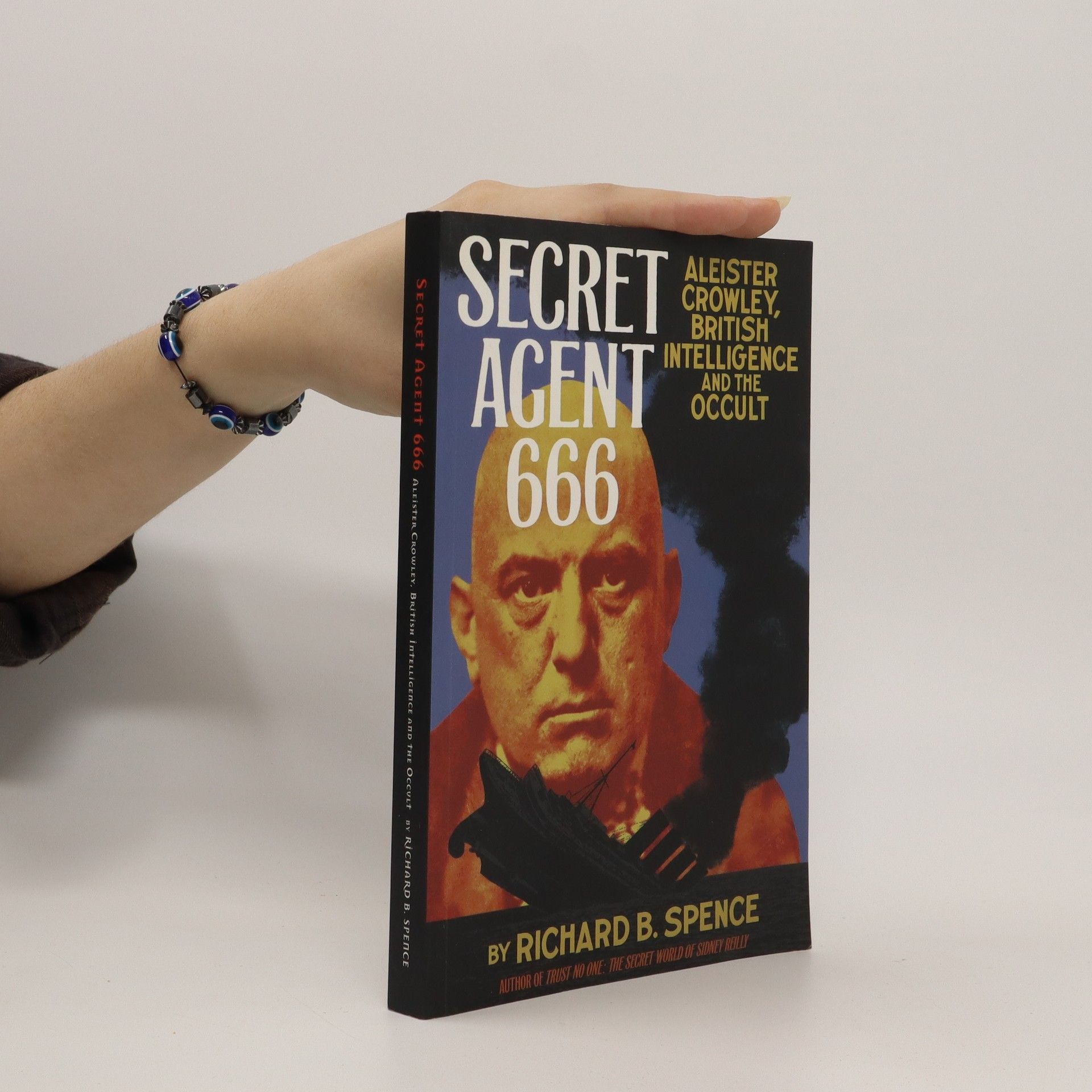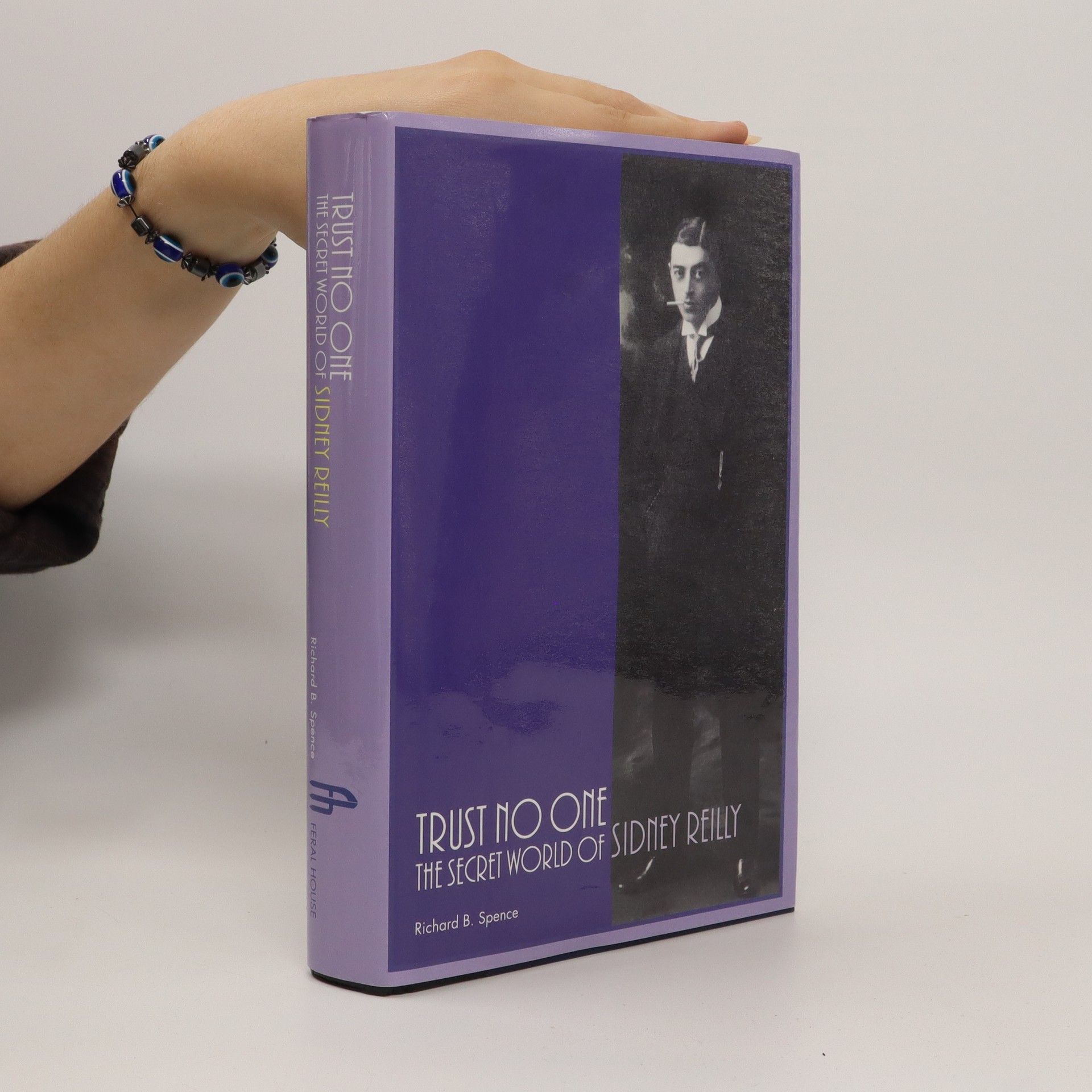Trust No One
- 542pages
- 19 heures de lecture
Master spy was the basis for the James Bond character.
N/A



Master spy was the basis for the James Bond character.
Aleister Crowley is best known today as a founding father of modern occultism. His wide, hypnotic eyes peer at us from the cover of The Beatles’ Sgt. Pepper’s Lonely Hearts Club Band, and his influence can be found everywhere in popular culture.Crowley, also known as the Great Beast, has been the subject of several biographies, some painting him as a misunderstood genius, others as a manipulative charlatan. None of them have looked seriously at his career as an agent of British Intelligence.Using documents gleaned from British, American, French, and Italian archives, Secret Agent 666 sensationally reveals that Crowley played a major role in the sinking of the Lusitania, a plot to overthrow the government of Spain, the thwarting of Irish and Indian nationalist conspiracies, and the 1941 flight of Rudolf Hess.Author Richard B. Spence argues that Crowley—in his own unconventional way—was a patriotic Englishman who endured years of public vilification in part to mask his role as a secret agent.The verification of the Great Beast’s participation in the twentieth century’s most astounding government plots will likely blow the minds of history buff s and occult aficionados alike.Author Richard B. Spence can be seen on various documentaries on the History Channel and is a consultant for Washington, DC’s International Spy Museum. He is also the author of Trust No One: The Secret World of Sidney Reilly (Feral House).
Wall Street and the Russian Revolution will give readers critical insight into what might be called the "Secret History of the 20th century." The Russian Revolution, like the war in which it was born, represents the real beginning of the modern world. The book will look not just at the sweep of events, but probe the economic, ideological and personal motivations of the key figures involved, revealing heretofore unknown or misunderstood connections. Was Trotsky, for instance, a political genius, an unprincipled egomaniac, or something of each? Readers should come away with not only a far deeper understanding of what happened in Russia a century ago, but also what happened in America and how that still shapes the relations of the two countries today.